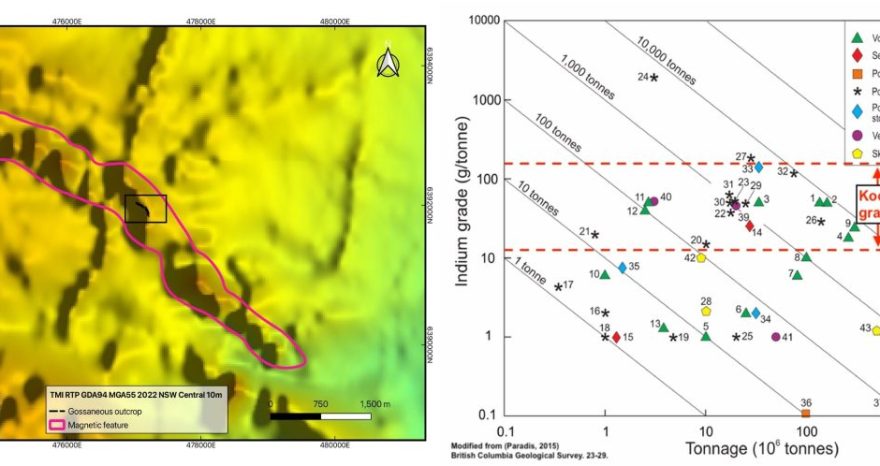The Smart City Index 2025 ranks 146 cities worldwide by livability, sustainability, technology, and economic balance. Zurich, Oslo, and Geneva take the top spots, while Italy only enters the list at 83rd place.

Which cities are the smartest in the world for human scale, quality of life, and economic balance? The Smart City Index 2025, the sixth edition of the study by the Institute of Management Development (IMD), provides the answer.
The survey of 146 cities across the globe shows that tackling the housing crisis is the top global priority, a challenge also central to investment strategies within smart cities.
The world’s smartest cities in 2025
Recognized as a benchmark among smart city studies, the Smart City Index is produced annually by the Smart City Observatory, part of the World Smart Sustainable City Organization (WeGO). It is carried out by IMD’s School of Management in Switzerland in collaboration with the Singapore University of Technology and Design (SUTD).
The ranking assesses hundreds of cities worldwide on their ability to balance work, housing, environmental issues, and inclusivity.
At the top of the list are Zurich, Oslo, and Geneva, with the first two maintaining their positions from the 2024 edition.
Although outside the European Union, these three cities retain strong economic integration. They deliver high-quality services without suffering the “diseconomies of scale” seen in larger urban centers, such as congestion and pollution. Their relative economic independence and specialization in niche sectors—oil for Norway and high-quality manufacturing for Switzerland—make them more resilient to global trade tensions.
While the top-ranked cities show that success comes from balancing technology with quality of life, the report highlights a universal challenge: the housing crisis.
Housing crisis as a global challenge
According to IMD data in the Smart City Index 2025, making housing more affordable is the top priority for respondents in 110 of the 146 cities analyzed. This concern affects metropolitan areas such as Dublin, Taipei City, Vancouver, and Dubai, driven by migration flows, rising costs, and geopolitical tensions. Trade tariffs on raw materials risk further inflating construction costs.
The report stresses that there is no single formula for becoming a smart city. While smaller size is a common trait among the leading cities, success relies on a combination of livability, sustainability, and strong governance. In this framework, technology is not an end in itself but a strategic tool to improve residents’ lives and address urban challenges.
What defines the top 10 cities
The world’s top 10 smart cities share several points of excellence:
- Singapore stands out for its sanitation services and public safety.
- Abu Dhabi and Dubai, new entries in the top 10, excel in healthcare services and green spaces.
- Copenhagen ranks high for recycling and safety.
- Canberra is noted for air quality.
- London remains in the top 10 but shows weaknesses in public safety.
Ultimately, the 2025 Smart City Index Report delivers a clear message: the future of cities lies in their ability to act as autonomous economic and social hubs in an increasingly fragmented world.












